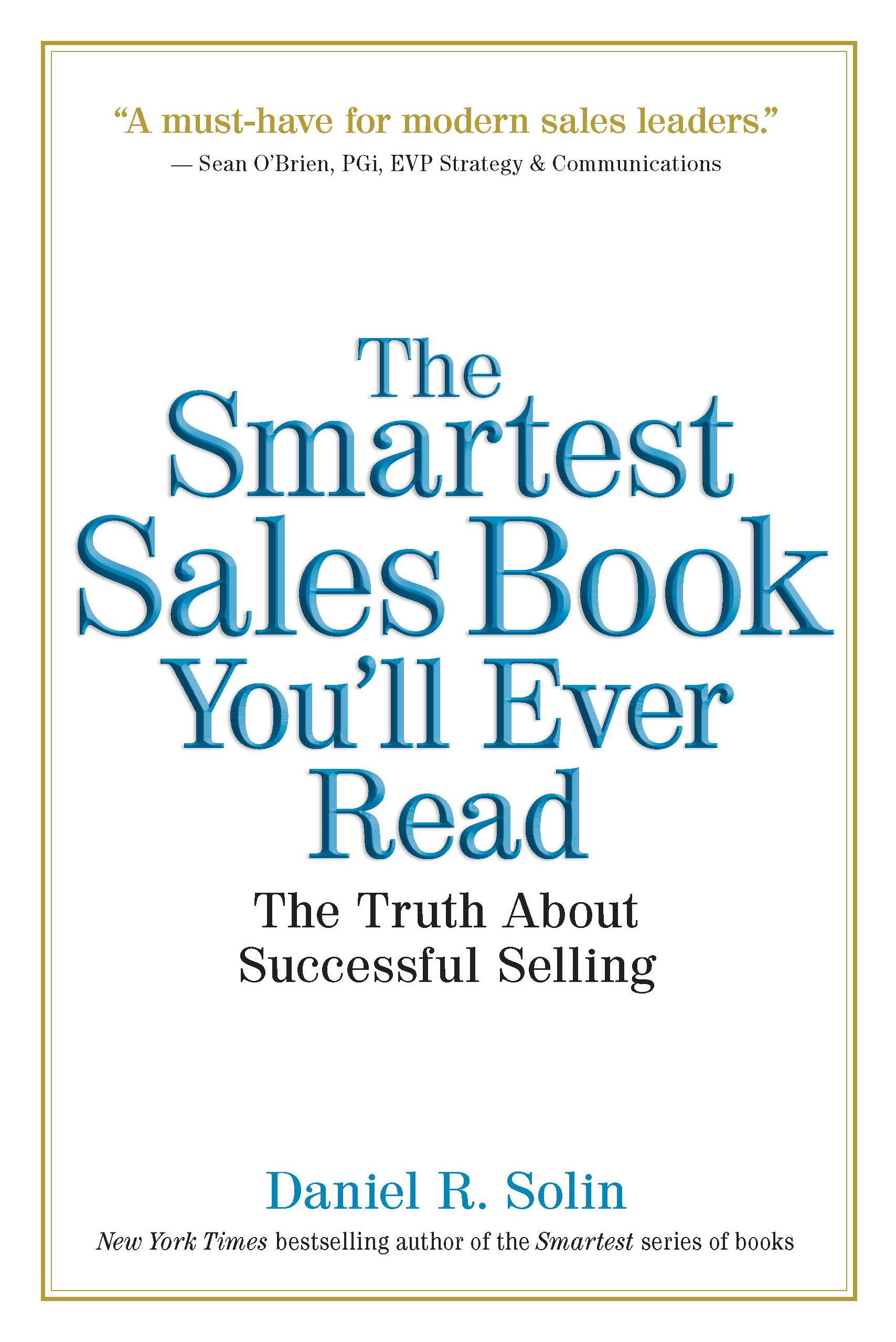You can learn a lot if you read the financial headlines with the right perspective. It's unfortunate that most provide misinformation designed to encourage trading, increase anxiety and otherwise foster bad investing behavior. There are some notable exceptions, but finding them can seem like looking for a needle in a haystack.
Good headline
Burton Malkiel, the venerable author of A Random Walk Down Wall Street, provides sound advice. He tells investors to ignore the inevitable year-end predictions. Check out this gem: "I've never known anybody who can time the market. I've never known anybody who knows anybody who can consistently time the market."
Malkiel also wisely counsels investors to reduce risk through broad diversification and to avoid "home country bias" by purchasing stocks in international markets. He believes valuations are better in emerging markets.
Finally, every investor should heed this admonition: "The lower the fee that I pay to the purveyor of an investment product, the more there is going to be for me." Malkiel recommends index funds and exchange-traded funds (ETFs).
Bad headline
This is a bad headline on many levels. Jeremy Siegel is a highly respected professor of finance at the prestigious Wharton School at the University of Pennsylvania and a financial author. These stellar credentials, and his anointing by the financial media as a "guru," may lead some investors to believe he has predictive powers.
His track record might cause you to reconsider.
In an article he authored on Kiplinger's in February 2008, Siegel made the following predictions:
- There will be no recession in 2008.
- By June 2008, the subprime mortgage disaster will ease.
- The housing foreclosure crisis will "ebb."
These calls could not have been more wrong. If Siegel couldn't forecast the economy's greatest recession since the Great Depression, why would you rely on his predictions today? Does your broker or a fund manager you see on television have better credentials than Professor Siegel? Probably not. And if Siegel can't consistently get it right, what makes you think they can?
Predictions about market corrections are particularly problematic. Market corrections are inevitable. It is not news that there will be another one. Timing the correction is quite another matter.
If you are relying on the equivalent of financial astrologers for investment advice, you're leaning on a very thin reed.
Ugly headline
This headline is illustrative of what is wrong with much of the financial news. It's a call to action by an industry insider trying to goad you into doing something by making the case (often by appealing to an investor's fear, greed or sense of urgency) that a stock or mutual fund is mispriced.
There are millions of traders all over the world looking at publicly disseminated information about all traded stocks. How likely do you believe it is that they have missed an important fact about that stock?
Let's give the benefit of the doubt to the author. Assume he knew some information that was not incorporated into the price of a particular stock. Does it make sense to you that he would publicize this information rather than trading on it? As soon as the blog is published, this information will cause the price of the stock to be adjusted, thereby eliminating any mispricing.
Unfortunately, gullible investors may rely on this information. The securities industry, which is the sponsor of many financial news outlets, doesn't care. Its coffers will bulge from commissions generated by the resulting buying and selling.
Your success as an investor may depend upon your ability to separate the good headlines from the bad and the ugly. Now you have some guidelines.
 Dan Solin is the director of investor advocacy for the BAM ALLIANCE and a wealth adviser with Buckingham. He is a New York Times best-selling author of the Smartest series of books. His latest book is The Smartest Sales Book You'll Ever Read.
Dan Solin is the director of investor advocacy for the BAM ALLIANCE and a wealth adviser with Buckingham. He is a New York Times best-selling author of the Smartest series of books. His latest book is The Smartest Sales Book You'll Ever Read.
The views of the author are his alone and may not represent the views of his affiliated firms. Any data, information and content on this blog is for information purposes only and should not be construed as an offer of advisory services.

